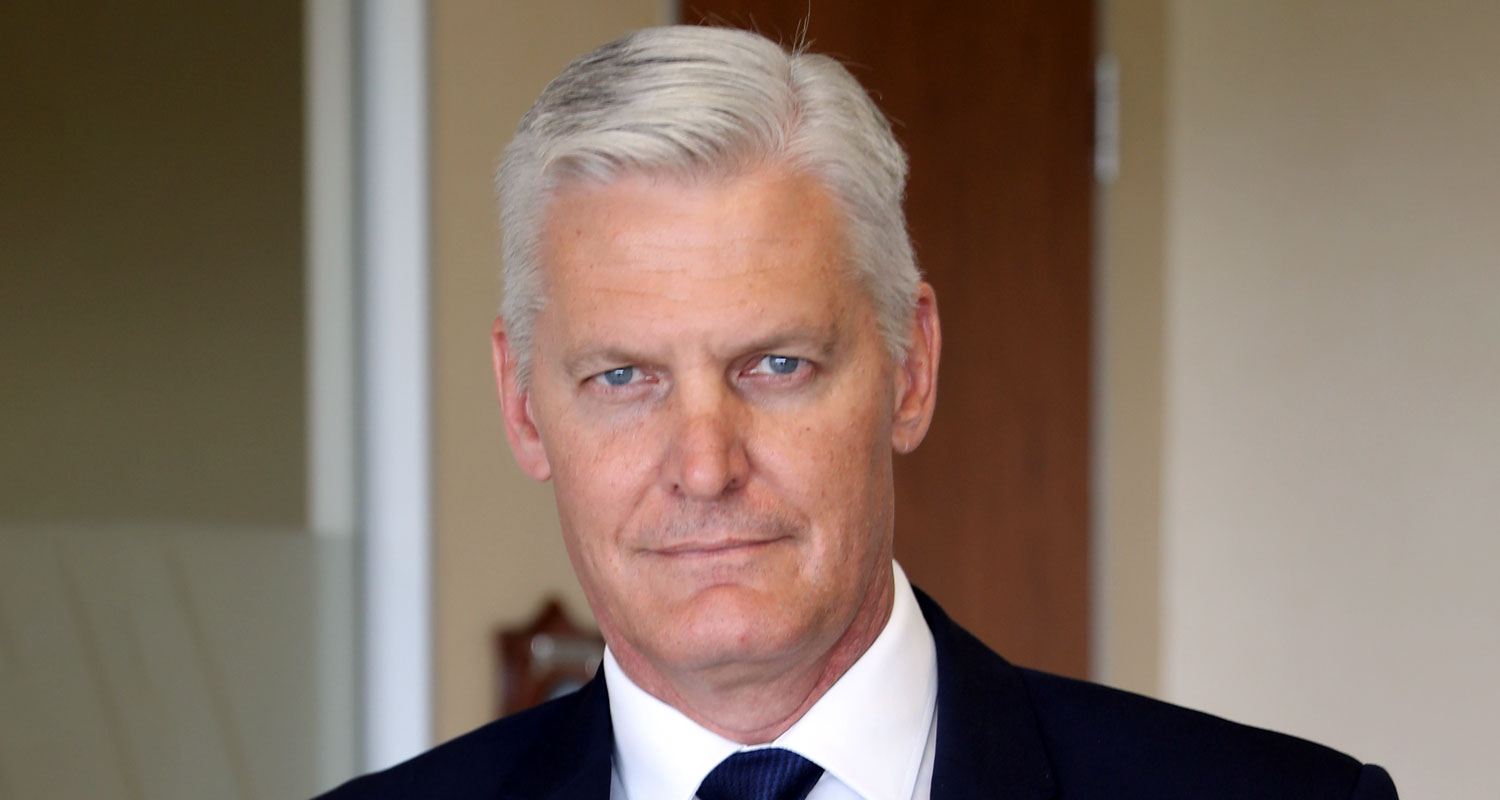
Government last year lifted the cap on private power generation from 1MW to 100MW, below which companies don’t need to be licensed by energy regulator Nersa. Now Eskom CEO André de Ruyter has questioned why there’s a cap at all.
Speaking to David Ansara, a political analyst and chief operating officer at the Centre for Risk Analysis, in a podcast interview, De Ruyter said the 100MW cap – announced by President Cyril Ramaphosa last year – is “pretty arbitrary”.
“I don’t see the rationale for capping it at 100MW,” De Ruyter said. “There is no restriction on building a manufacturing line for widgets. If a private investor wishes to take risk, well that’s up to him. If he can find a site and he can find utilities and train the necessary staff, he can build a factory as large as he wants.
“The cap of 100MW is pretty arbitrary — it could be 1 000MW. I don’t particularly care either way. What I care about is the rapid deployment of additional resources,” the Eskom CEO said of the undersupply of electricity in South Africa and the urgent need to fix this.
De Ruyter has repeatedly warned that the country faces an immediate power generation deficit of between 4GW and 6GW, without which it will be difficult to bring an end to the regular bouts of load shedding that are crippling the economy.
De Ruyter also took aim in the interview at Nersa, accusing the regulator of holding back private power generation projects with red tape.
“The current Nersa process for registration [of projects below 100MW] is pretty much identical to the [full] licensing process. It smacks of bad engineering to take one process and say we are liberalising, and then replacing it with another process under another name that is identical.”
He said the presidency is, however, “seized with the matter” and is engaging with Nersa to try to speed up the registration process and cut through the red tape.
There is “significant appetite” from industry, in particular the mining sector, to build the generation capacity needed to provide security of supply. “If we can get that security, then we have a fighting chance of getting economic growth. At this point in time, it’s pretty clear that the lack of electricity supply is a brake on further economic growth,” De Ruyter said. — © 2022 NewsCentral Media




